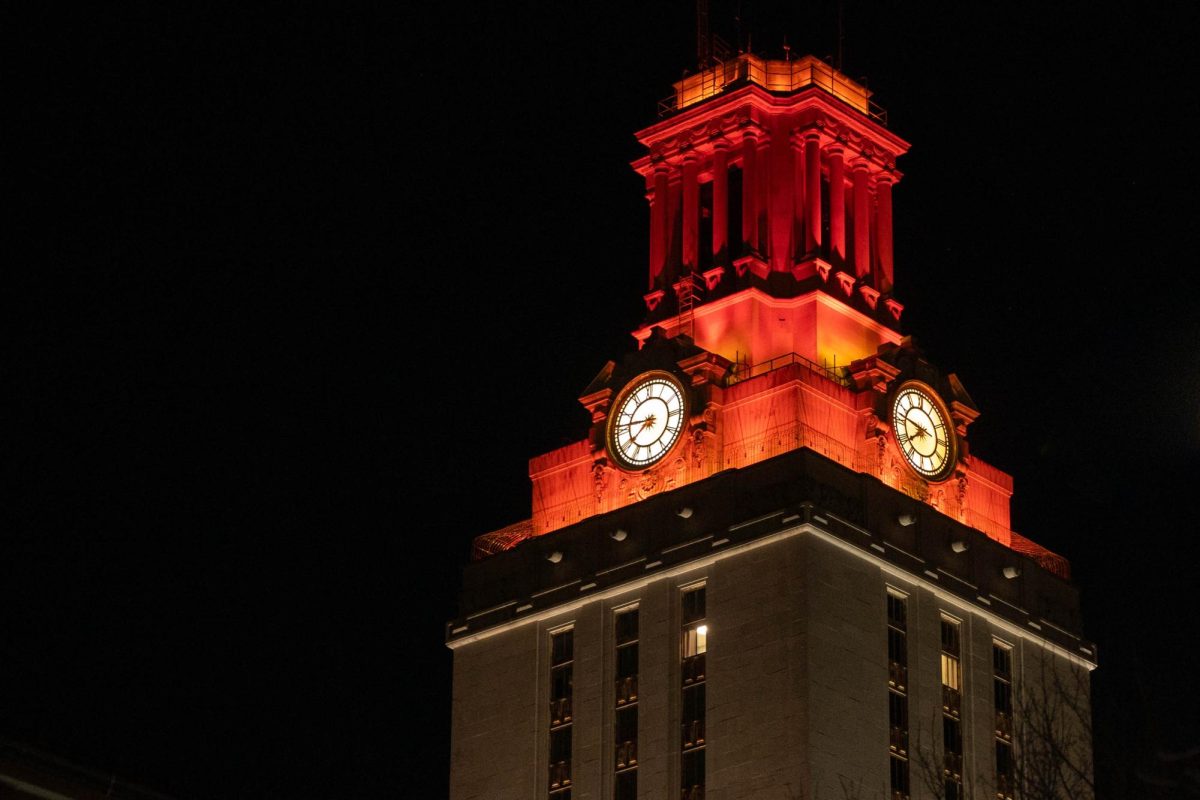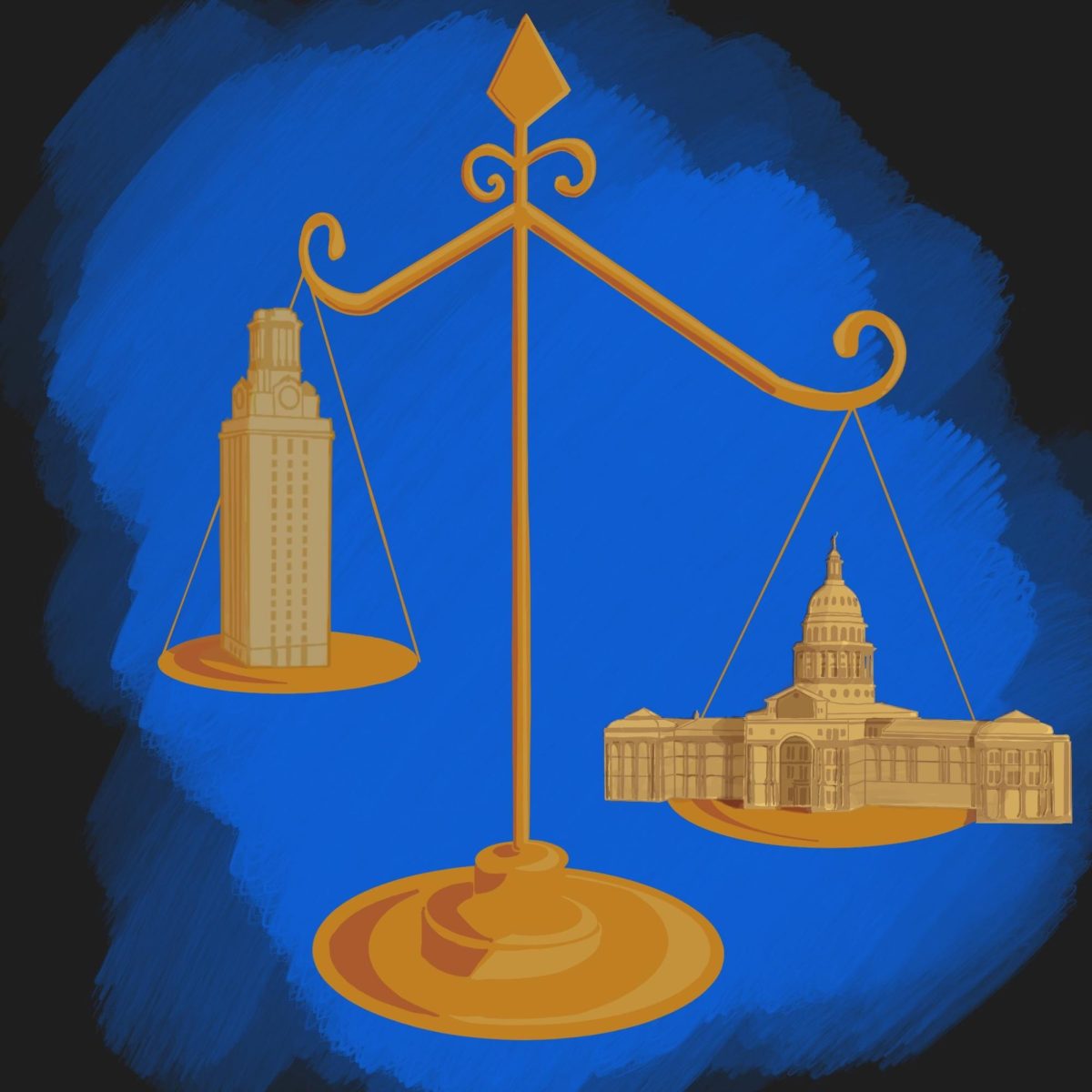The Monarch Student Program, part of the Longhorn Center for Academic Excellence, is revitalizing its efforts to reach out to high school students.
The program aims to help students brought to the United States illegally as children apply for college, financial aid and housing.
Nong Xiong, the Gateway program coordinator at the Longhorn Center for Academic Excellence, said the program will offer guidance and resources to overcome the barriers students face because of their citizenship status.
“Some students find out they are undocumented when they apply to college and realize they don’t have a Social Security number,” Xiong said. “Oftentimes, students are told they should be quiet about their status to not put themselves in situations where they could get deported. They have a lot of uncertainty with the future, and we are here to help guide them through that.”
The program has worked with Austin high schools and is looking to partner with UT Outreach, a college readiness program, to aid schools across Texas. Patrick Patterson, assistant vice president at the Longhorn Center for School Partnerships, said the center has collaborated with the Monarch Student Program to guide students at Juan Navarro High School in North Austin.
“As far as the college application process is concerned, the process is similar to all other students in terms of filling in the application,” Patterson said in an email. “Of course, families are wary of submitting information to government entities, so that is a major obstacle.”
These students are not able to apply for federal financial aid or study abroad. Those students also don’t have a credit score, which is often required to lease an apartment. The only time they can get a job or study abroad is if they have protected status under Temporary Protected Status or the Deferred Action for Childhood Arrivals program, also known as DACA, which also grants them a two-year renewable work permit. These challenges have been even more pressing as the courts decide the fate of DACA, a federal case for which was argued at the U.S. Supreme Court last week.
Xiong said the students she works with can feel isolated on campus on top of all of these obstacles.
“The political climate is also very bad for their mental health,” Xiong said. “Having to be updated every single month or year about their status is something that can make them feel hopelessness.”
Jamie Turcios-Villalta, health and society senior, is working with the Monarch Student Program. She is also a DACA recipient and said some high school students she has spoken with are under the impression they cannot go to college because of citizenship barriers. She said being able to talk about their status can be helpful for students who have felt the need to hide their citizenship.
“We are meeting to talk about this difficult conversation to have and how do we do it without being too invasive but also allowing the students that autonomy to decide if this is something they want to talk about,” Turcios-Villalta said.




















